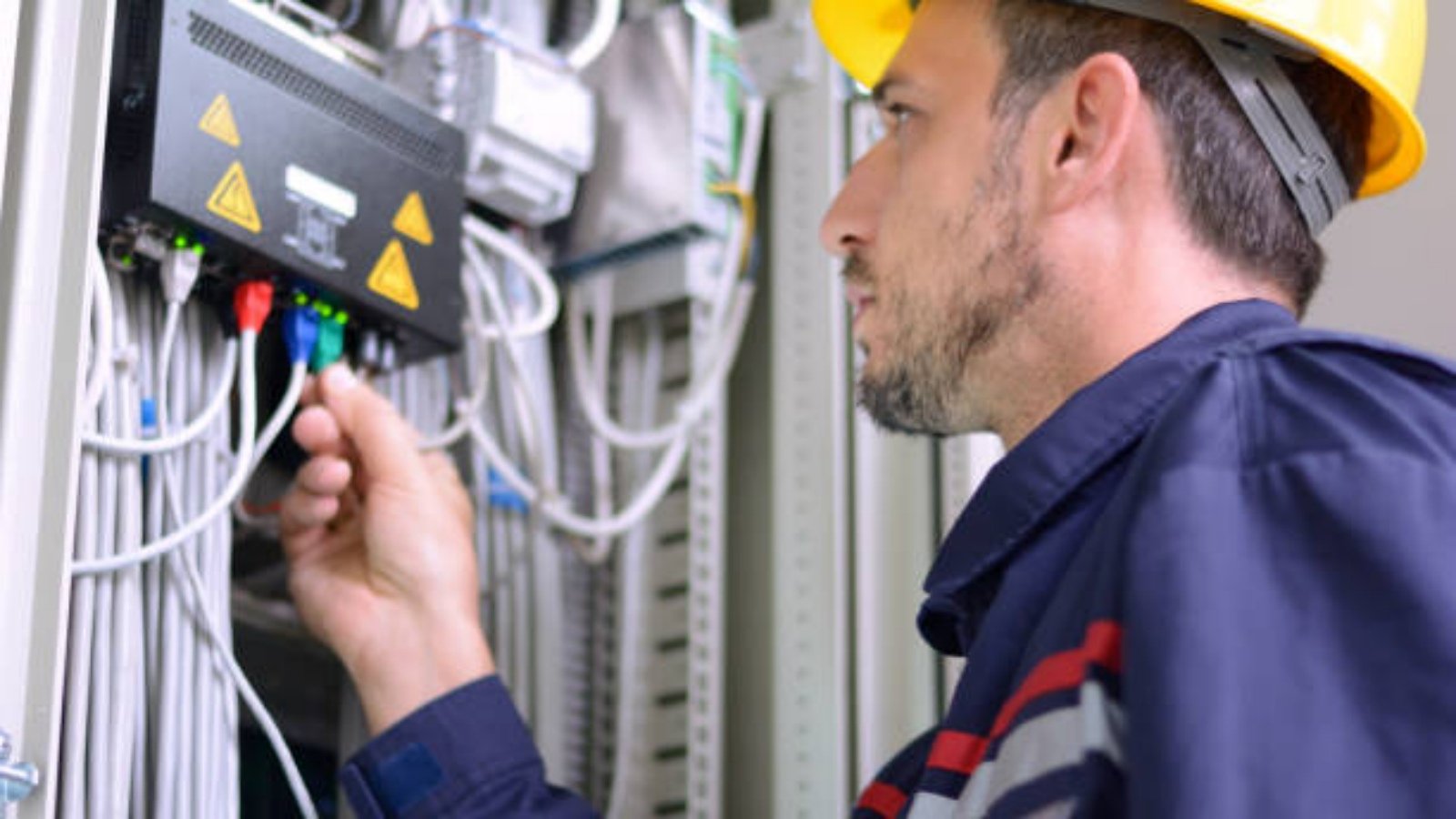Introduction: Understanding Busbar Connectors
Busbar connectors are essential components in electrical power distribution systems. These connectors provide a reliable and efficient way to distribute electrical power from a power source to various electrical devices. In this article, we will explore the different aspects of busbar connectors, including their types, applications, benefits, and considerations for installation.
The Importance of Busbar Connectors in Power Distribution
Busbar connectors play a crucial role in power distribution systems by enabling the efficient transfer of electrical energy. They are used to connect power sources, such as generators or transformers, to electrical panels or switchgear. These connectors ensure a low-resistance path for current flow, minimizing energy losses and voltage drops. By using busbar connectors, power distribution systems can operate more reliably and efficiently.
Types of Busbar Connectors
Busbar connectors come in various types, each designed for specific applications and electrical requirements. The most common types include:
Rigid Busbar Connectors
Rigid busbar connectors are made of solid conductive materials, such as copper or aluminum. These connectors are suitable for applications that require high electrical conductivity and mechanical strength. Rigid busbar connectors are commonly used in switchgear, electrical panels, and electrical distribution systems.
Flexible Busbar Connectors
Flexible busbar connectors consist of multiple thin conductive strips, usually made of copper or aluminum. These connectors offer flexibility and allow for easier installation in tight spaces or areas with vibrations. Flexible busbar connectors are often used in applications where there is a need for flexibility, such as in power inverters, battery banks, or equipment with movable parts.
Insulated Busbar Connectors
Insulated busbar connectors are designed to provide electrical insulation between the busbar and other components. They are commonly used in applications where there is a risk of accidental contact with live parts, reducing the possibility of electrical shock or short circuits. Insulated busbar connectors are widely used in electrical panels, control cabinets, and industrial machinery.
Multi-Pole Busbar Connectors
Multi-pole busbar connectors consist of multiple conductive bars arranged in parallel or stacked configuration. These connectors allow for the efficient distribution of power to multiple electrical devices or circuits simultaneously. They are commonly used in distribution boards, power substations, and large-scale industrial applications.
Applications of Busbar Connectors
Busbar connectors find applications in various industries and electrical systems. Some of the common applications include:
Industrial Power Distribution
In industrial settings, busbar connectors are extensively used to distribute power within manufacturing plants, factories, and industrial machinery. They provide a reliable and efficient method for transferring electrical energy to different equipment, ensuring smooth operation and minimizing downtime.
Renewable Energy Systems
Busbar connectors are crucial components in renewable energy systems, such as solar power plants and wind farms. They enable the connection of solar panels or wind turbines to the main power grid, allowing for the efficient distribution of renewable energy. Busbar connectors help optimize the energy generation and transmission process in these systems.
Data Centers
Data centers require a large amount of electrical power to operate their servers and cooling systems. Busbar connectors are used to distribute power within data centers, ensuring a stable and reliable power supply. The high conductivity and efficiency of busbar connectors make them ideal for handling the power demands of modern data centers.
Electric Vehicles
As the demand for electric vehicles (EVs) increases, busbar connectors play a crucial role in their charging infrastructure. These connectors allow for the efficient transfer of power from charging stations to EV batteries, enabling faster charging and reducing energy losses. Busbar connectors help enhance the charging experience and promote the widespread adoption of electric vehicles.
Benefits of Using Busbar Connectors
There are several benefits to using busbar connectors in power distribution systems:
Efficient Power Transfer
Busbar connectors provide a low-resistance path for current flow, minimizing energy losses and voltage drops. This ensures efficient power transfer and reduces wastage of electrical energy.
Space Efficiency
Busbar connectors offer a compact and space-saving solution for power distribution. They can be installed in confined spaces, allowing for efficient utilization of available space.
Reliability and Durability
Busbar connectors are designed to withstand high electrical currents and mechanical stresses. They are built to last and provide reliable performance even in demanding environments.
Easy Installation and Maintenance
Busbar connectors are relatively easy to install and maintain compared to traditional wiring methods. They can be quickly installed or replaced, reducing downtime and maintenance costs.
Enhanced Safety
Insulated busbar connectors provide an added layer of safety by preventing accidental contact with live parts. This reduces the risk of electrical shock and ensures the overall safety of the electrical system.
Considerations for Busbar Connector Installation
When installing busbar connectors, there are several factors to consider:
Electrical Load and Current Capacity
Ensure that the selected busbar connectors can handle the anticipated electrical load and current requirements. Oversized or undersized connectors can lead to performance issues or safety hazards.
Environmental Conditions
Consider the environmental conditions in which the busbar connectors will be installed. Factors such as temperature, humidity, and exposure to corrosive substances can affect the performance and lifespan of the connectors.
Proper Insulation and Grounding
Insulated busbar connectors should be used in applications where electrical insulation is necessary. Additionally, proper grounding of the busbar system is essential to ensure safety and protect against electrical faults.
Compliance with Standards and Regulations
Ensure that the busbar connectors comply with relevant industry standards and electrical regulations. This ensures the connectors' quality, performance, and safety in the intended application.
Conclusion
Busbar connectors are integral components in power distribution systems, offering efficient and reliable power transfer. Understanding the different types, applications, and benefits of busbar connectors is essential for designing and implementing effective electrical systems. By considering the installation considerations and following industry standards, busbar connectors can contribute to the overall efficiency and safety of power distribution systems.

